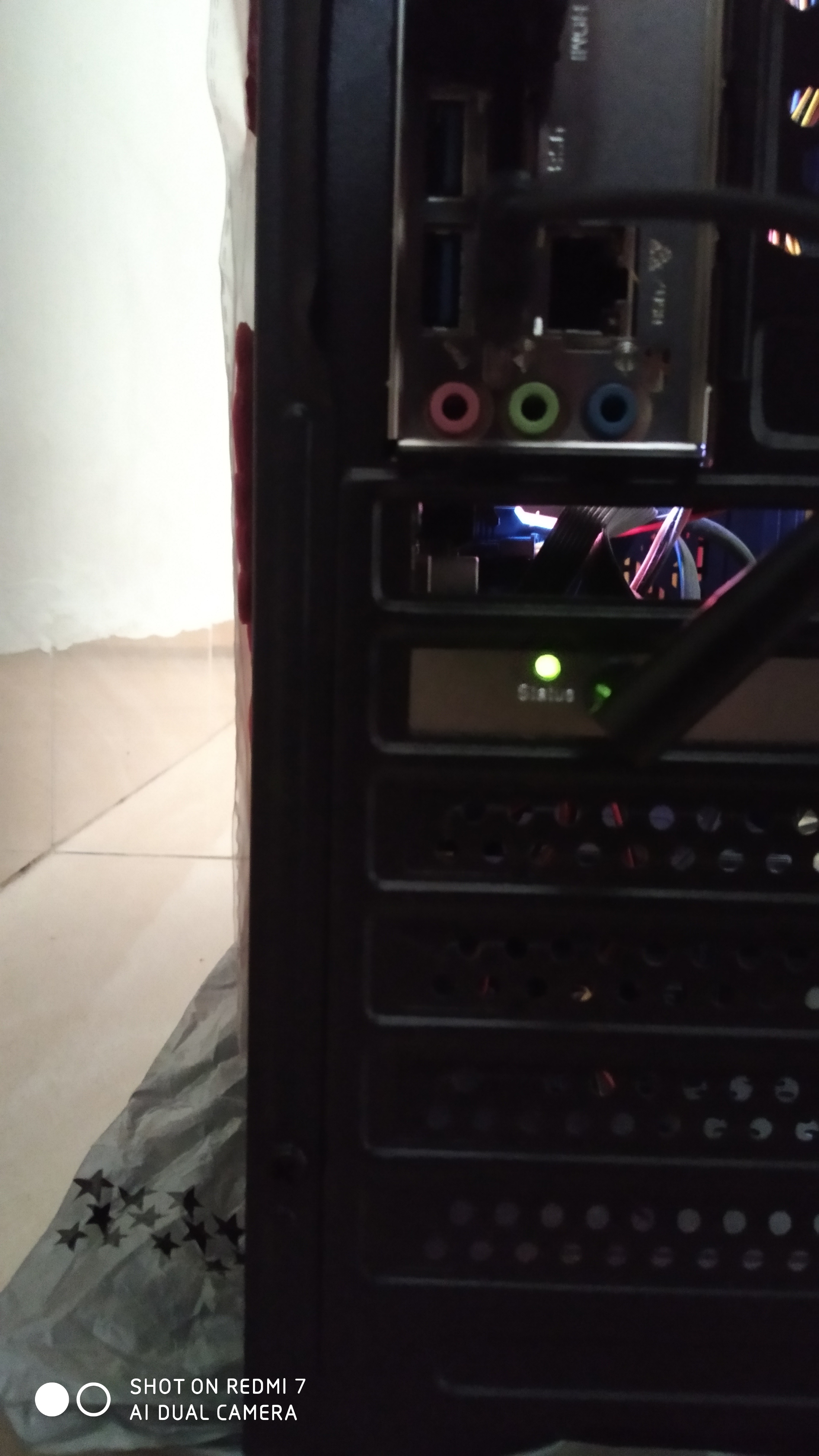Hello! My first question here.
Let me know if this is wrong section.
So, I just bought a new WiFI PCI-E card TP-Link TL-WN781ND. I installed it in my motherboard's (Asrock A320M HDV) PCI x1 slot. It works perfectly, can connect to my home router and access internet.
The strange thing is, if I connect external USB HDD (WD My Passport 4TB) to USB port on the back of the PC, my wireless connection will disconnect, and if I try to re-connect, it says "Can't connect to this network". If I unplugged the ext HDD, the WiFI will automatically reconnect. This is not happening if I connect said ext HDD to front panel USB port.
Is there a solution so I can use these USB ports on the back side ?
Edit: Forgot to mention it is on Windows 10, the CPU is AMD Ryzen 3 2200G, no external VGA.
Let me know if this is wrong section.
So, I just bought a new WiFI PCI-E card TP-Link TL-WN781ND. I installed it in my motherboard's (Asrock A320M HDV) PCI x1 slot. It works perfectly, can connect to my home router and access internet.
The strange thing is, if I connect external USB HDD (WD My Passport 4TB) to USB port on the back of the PC, my wireless connection will disconnect, and if I try to re-connect, it says "Can't connect to this network". If I unplugged the ext HDD, the WiFI will automatically reconnect. This is not happening if I connect said ext HDD to front panel USB port.
Is there a solution so I can use these USB ports on the back side ?
Edit: Forgot to mention it is on Windows 10, the CPU is AMD Ryzen 3 2200G, no external VGA.
Last edited:




